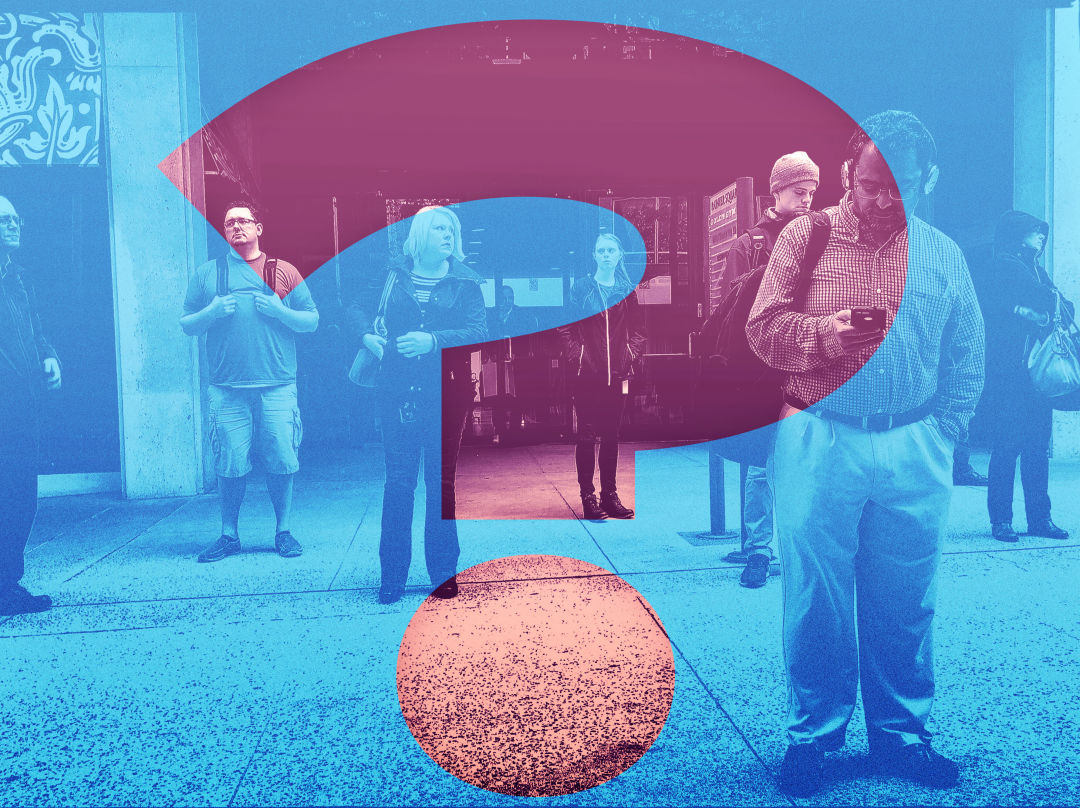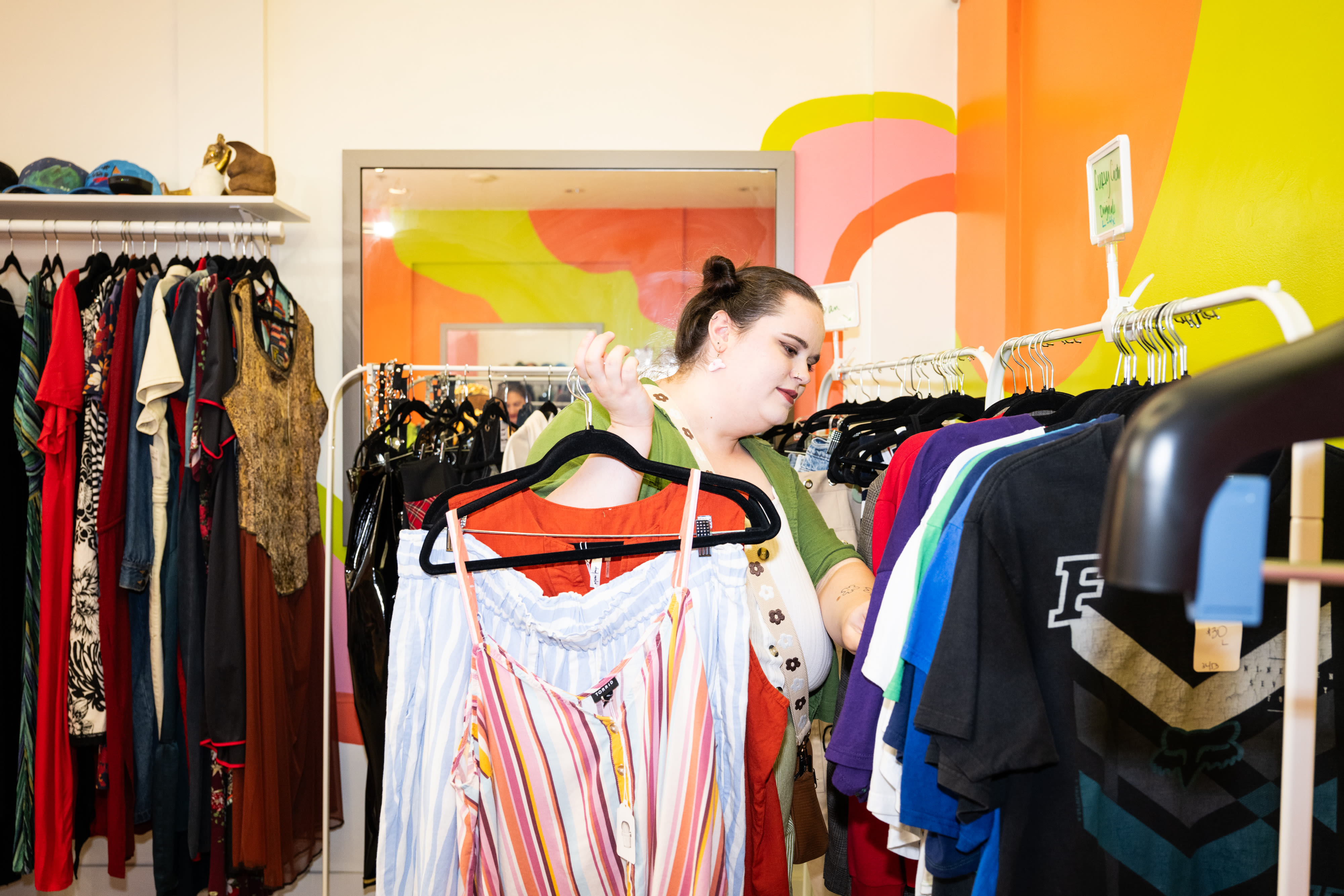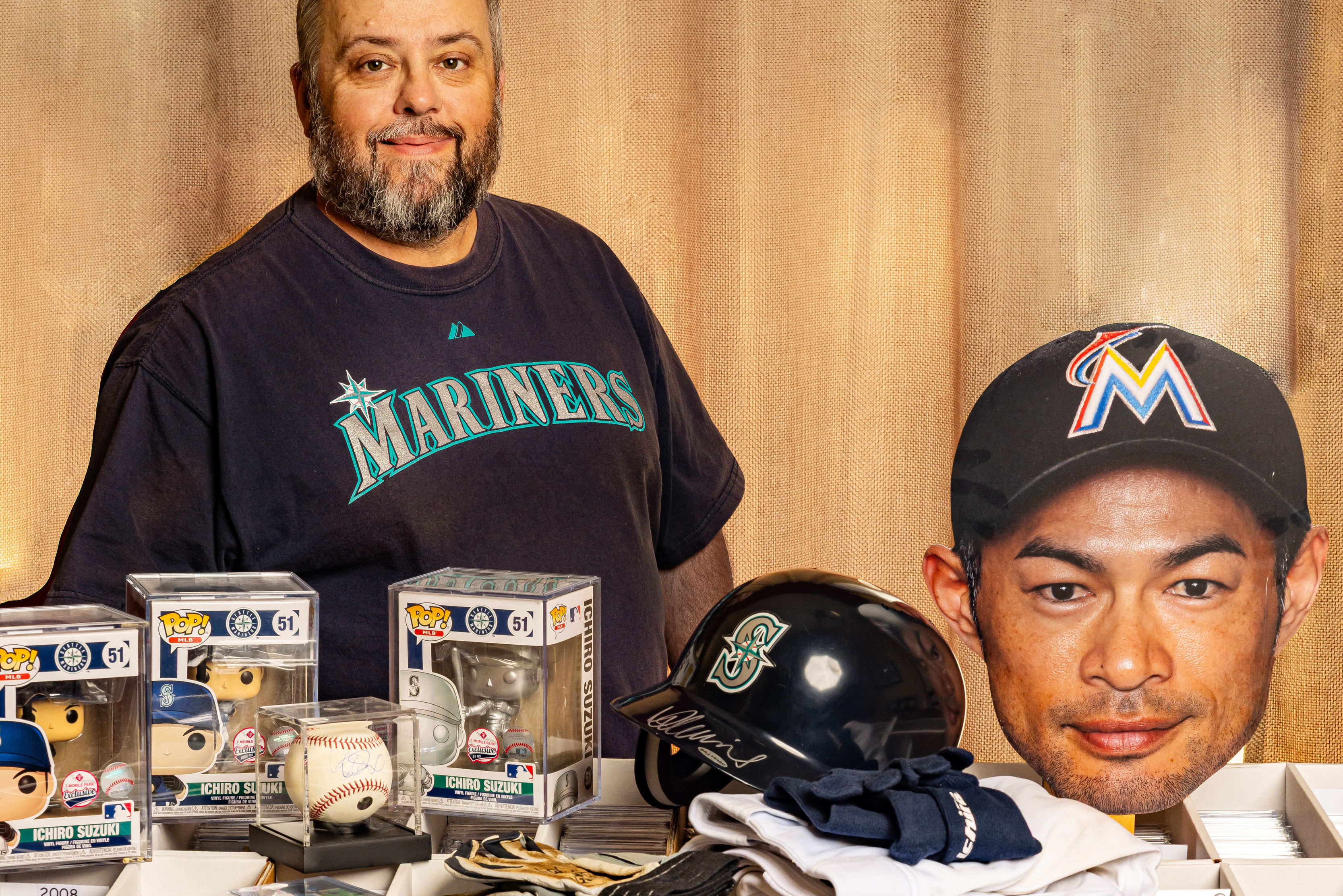Where Did the Term "Seattle Freeze" Come From?

Image: Chris Blakeley/flickr CC and Seattle Met Composite
According to a scientific study conducted in the Seattle Met offices, it only takes an average of 12 minutes before new transplants are informed about the dreaded Seattle Freeze—probably by a well-meaning stranger who does not actually want to be friends or hang out.
The concept, and debates about its merits, has become itself a part of the city’s culture. Are people here only fake friendly? Is it actually harder to make friends in Seattle than say… Tacoma? These questions have inspired music, raging internet debates, and so many newspaper articles. Which is fitting, considering that although the problem itself might date back a century, the term “Seattle Freeze” began with a story for Pacific Northwest Magazine in the Seattle Times in 2005.
At the time, the author of that story, Julia Sommerfeld, was a reporter whose primary beats were health and investigations—she was also a relatively recent transplant to the city. These days, she’s an entrenched Seattleite and publisher at Amazon Publishing. “I’d still say I don’t feel that I’m of here,” Sommerfeld says. “Although I do sometimes catch myself saying a meaningless 'let’s do something sometime' and inwardly cringing that I’ve become ‘one of them’!”
We spoke with her about the origin of the term "Seattle Freeze," and what it’s been like to see that particular turn of phrase take on a life of its own.
What was the backstory on your Seattle Freeze story for the Times? Was it an assignment or something you’d been thinking about?
The contradictory experience of everyone here being so nice yet also a bit unfriendly was something I’d been grappling with personally and trying to put my finger on since moving to Seattle about five years prior. I had a little rant about how people would say, Hey, let’s get a coffee/a drink/do something sometime, and I’d be, like, Oh sure, how about Thursday at 6, and they’d look at me, stricken with horror, like I was a stalker. And that’s when I realized that “let’s do something sometime” meant “move along, please.” The magazine editor, Kathy Triesch Saul, was bemused enough by my rant to agree to let me write an article about it, but she warned that I would probably get hate mail.
Did you in fact come up with that term for the story? And if so, did you expect it to catch on?
While I termed it the Seattle Freeze on the cover of the magazine, I also called it Seattle N(ice), which I actually thought was more clever, but the phrase Seattle Freeze is definitely what caught on. It was one of those things where as soon as the phrase was out there, people knew exactly what it referred to. It validated the experience that so many people had.
For years, people having trouble finding real friendships in Seattle would track me down to share their stories. My husband joked that I had become the patron saint of unpopular people.
A lot of stuff out there about the Freeze is dating-related. But I always imagined the term as being more about non-romantic social relationships. Do you think there’s a difference there?
My experience with the Seattle Freeze was about feeling rebuffed while trying to develop adult friendships, but in reporting the article, I saw that it applied to dating as well. I think it all comes down to the same dichotomy of being polite but not putting yourself out there, whether it’s your emotions or a real invitation or, frankly, a firm RSVP!
Is the Seattle Freeze still real? Has it changed or evolved?
It has been 18 years since that article, and the city has transformed in so many ways that it’s almost unrecognizable, but from what I can tell and what I hear from newcomers, Seattle’s icy crust has yet to thaw. It’s perplexing because at this point, transplants far outnumber actual Seattleites, so it seems we would have diluted this from the gene pool by now. I mean, we can’t blame the Scandinavians at this point.
How do you feel about the term taking on a life of its own?
I’m tickled when a newcomer starts telling me about it and asking if I’ve heard about the Seattle Freeze. I’m like, yeah, I know what you mean…
I’m glad the term has taken on a life of its own because I think putting a name to it made what felt like rejection or loneliness something of a shared experience, and something we can all poke fun at. Ironically, it has become something of an ice-breaker.




